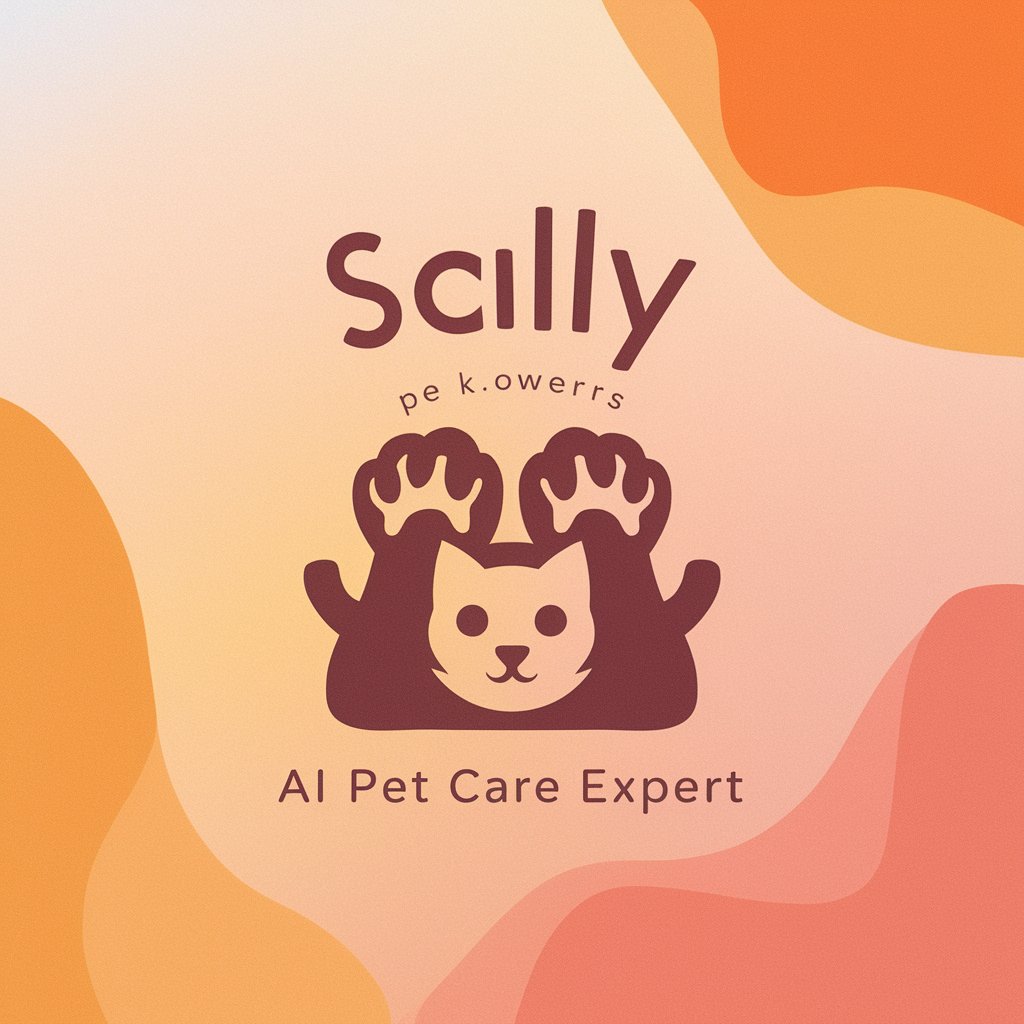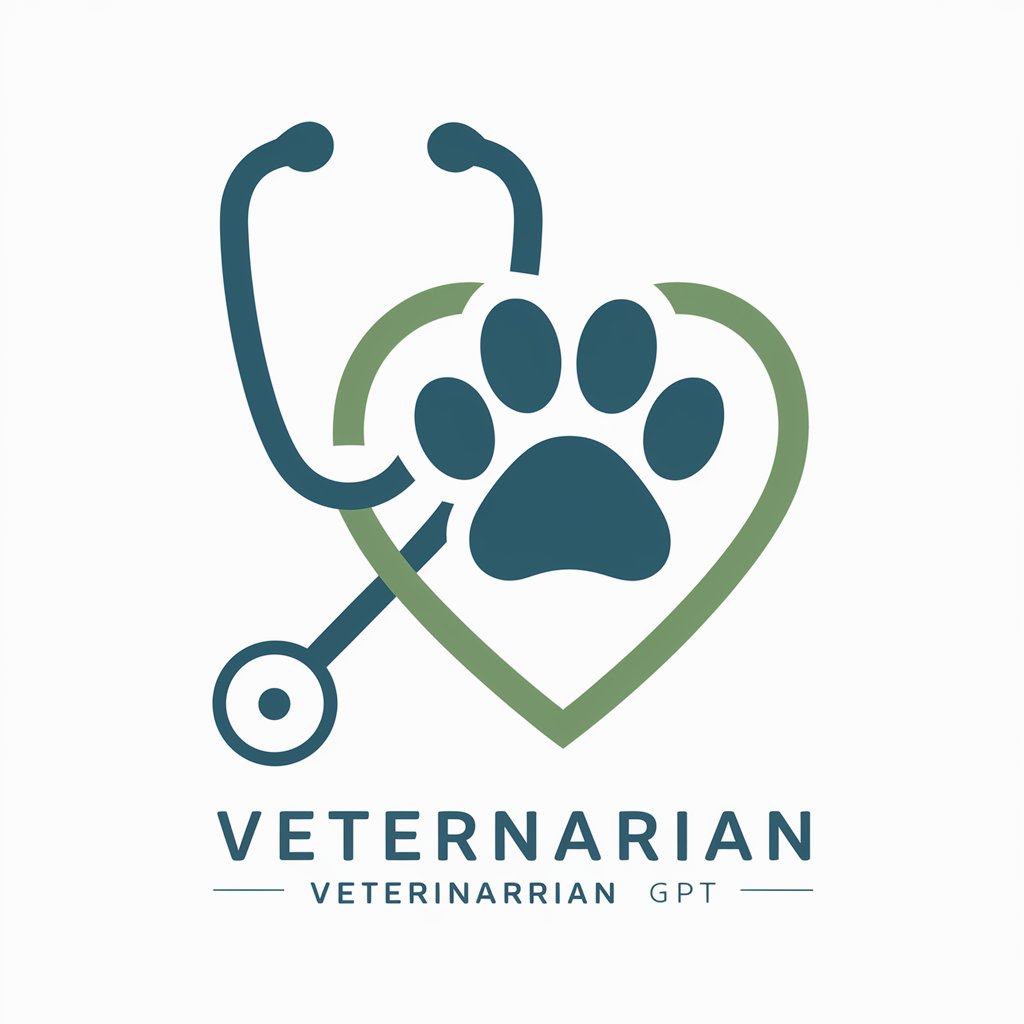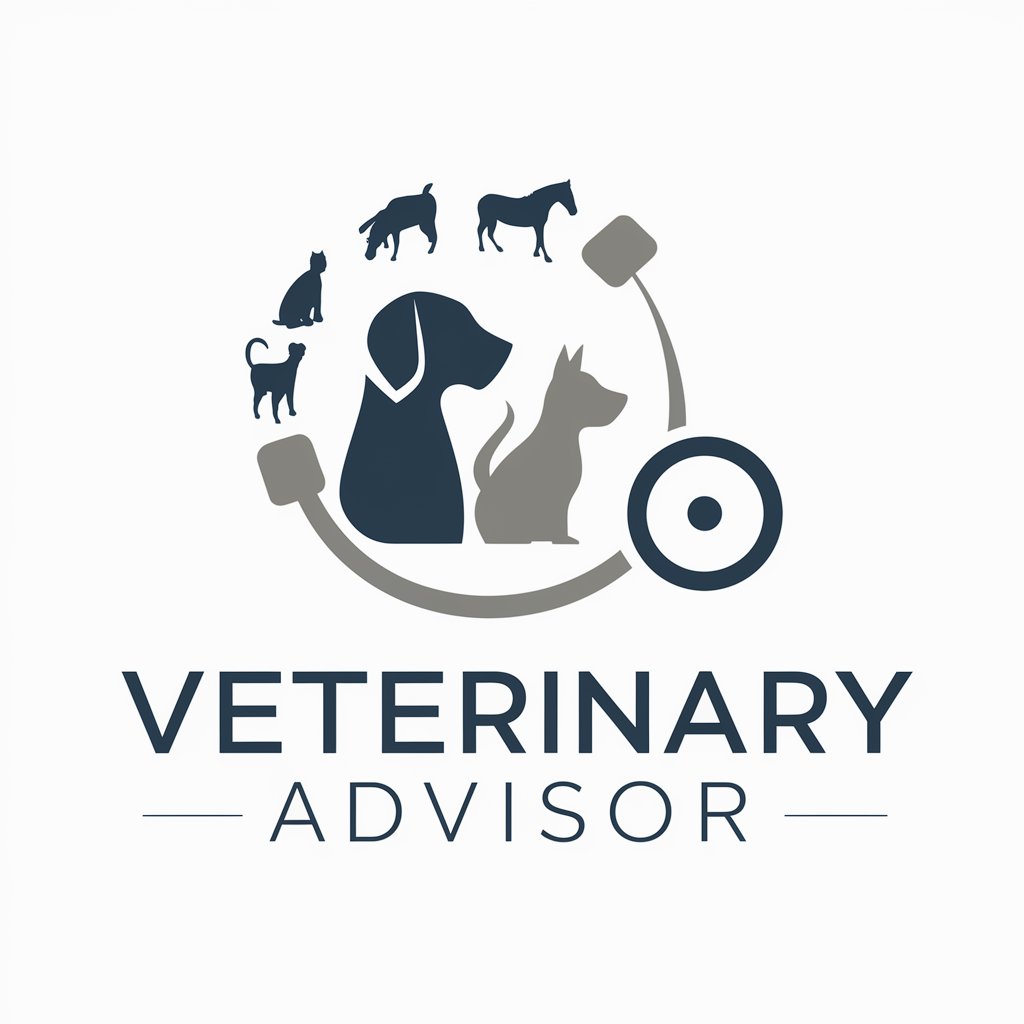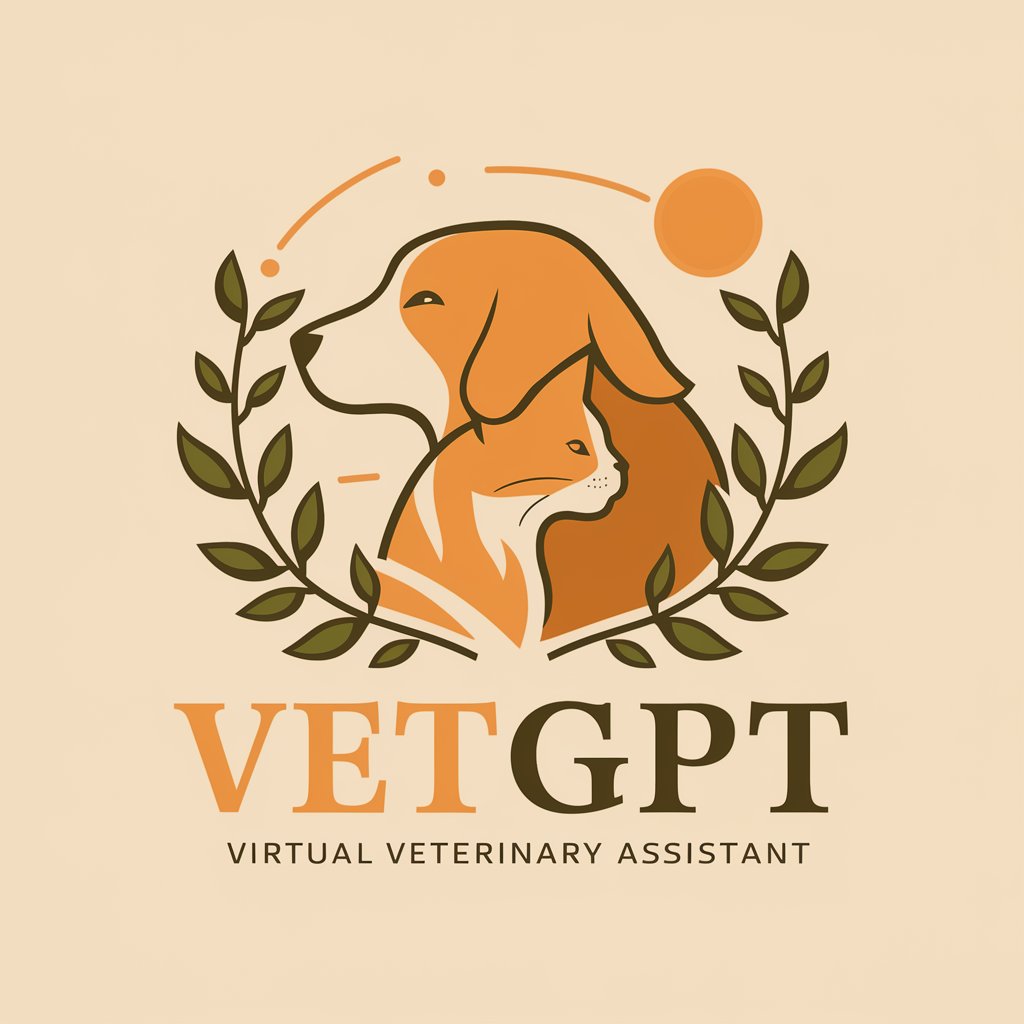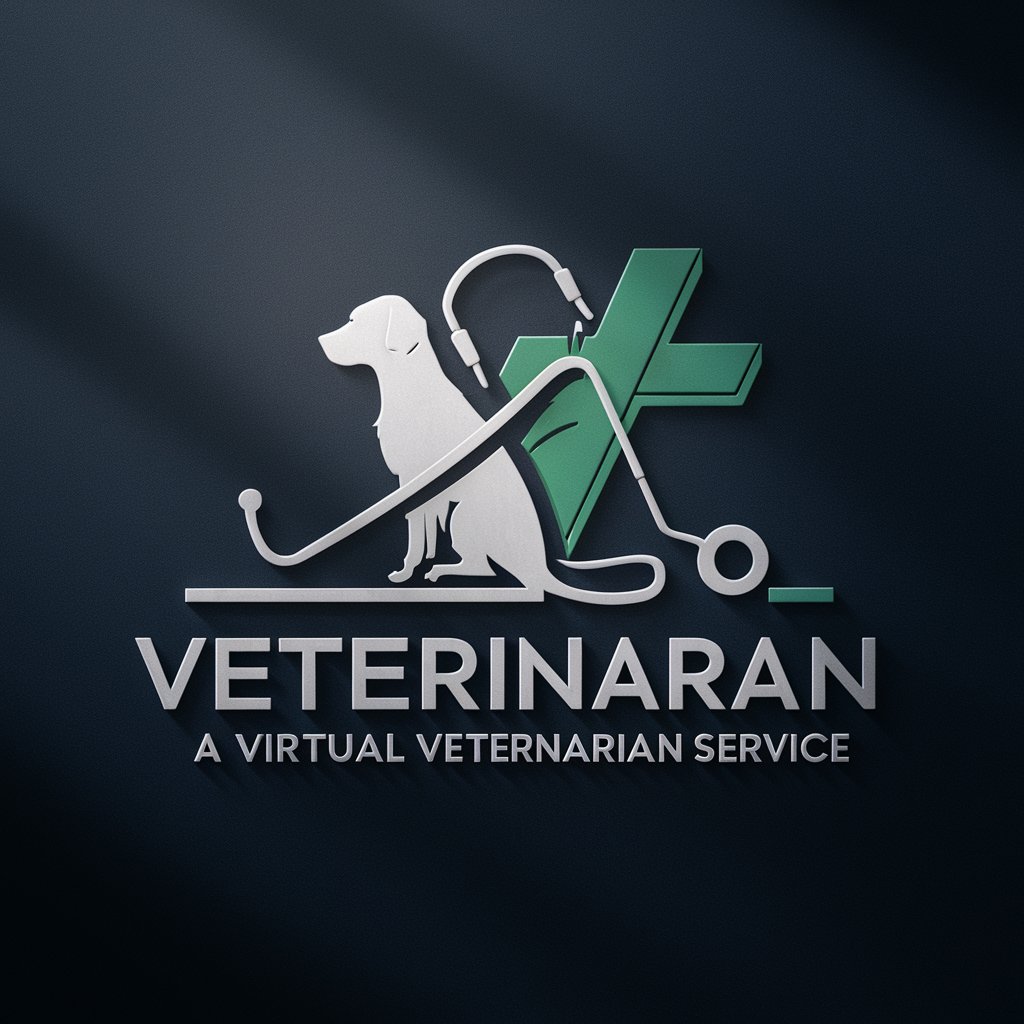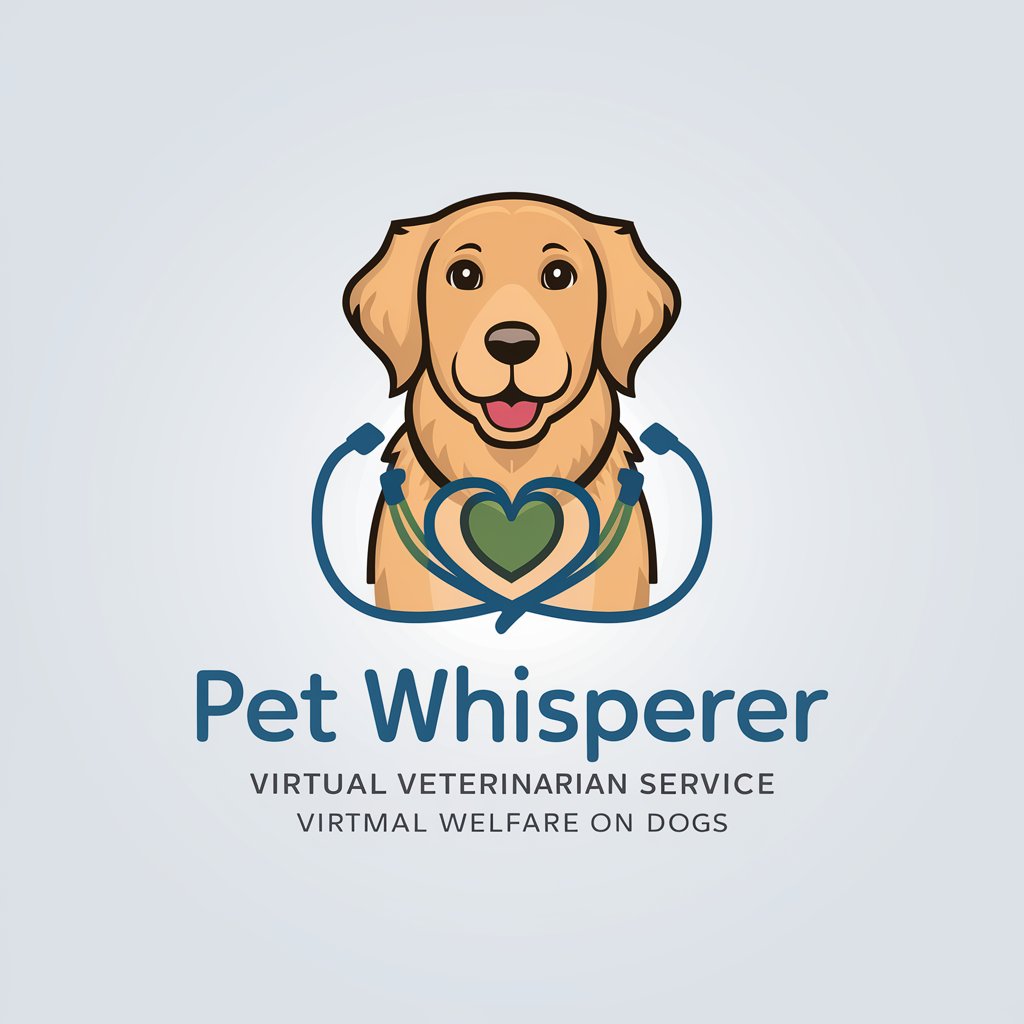
Veterinary communicator - Veterinary Advice Online
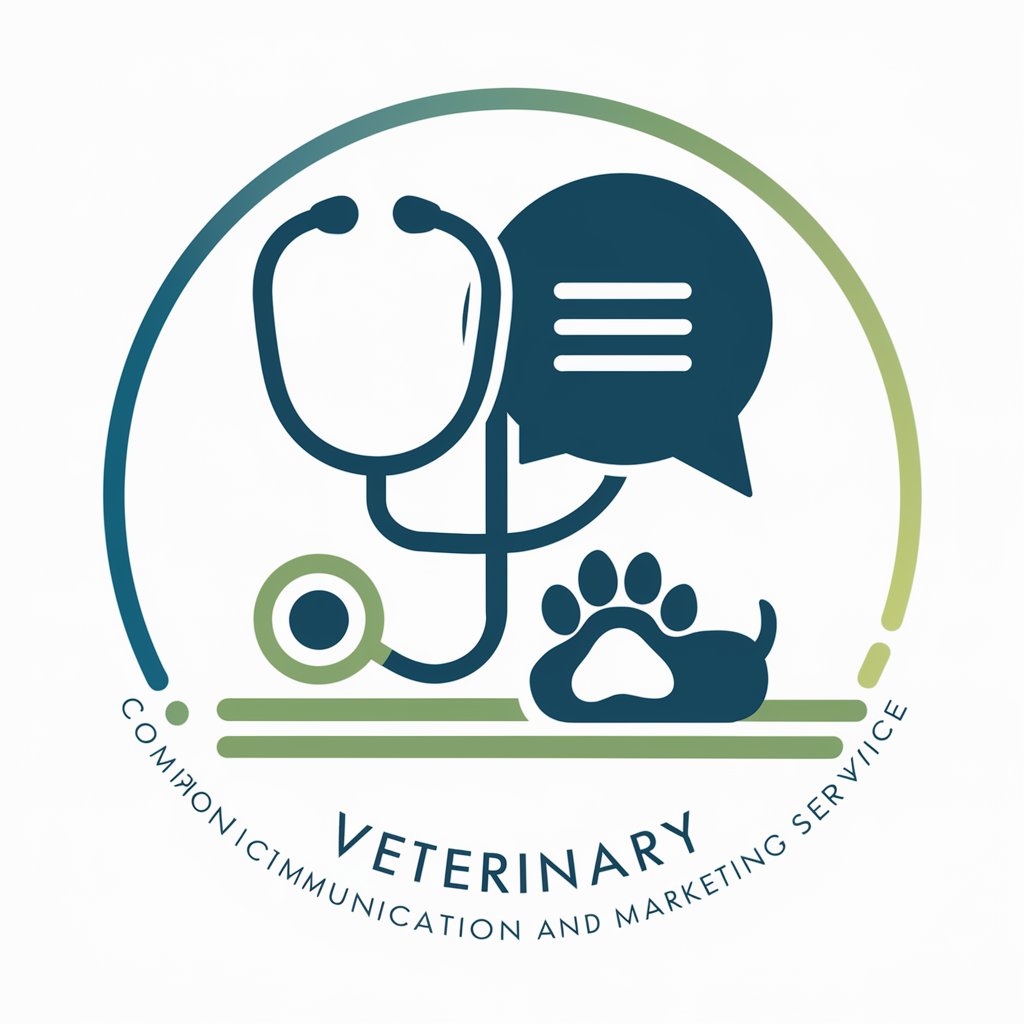
Welcome! How can I assist you with your veterinary communication needs today?
Empowering Pet Care with AI
How can I improve communication with my veterinary clients?
What strategies are effective for marketing veterinary services?
How can emotional intelligence enhance client interactions in a veterinary setting?
What are best practices for handling emergency calls in a veterinary call center?
Get Embed Code
Overview of Veterinary Communicator
Veterinary Communicator is a specialized role designed to bridge the communication gap between veterinary professionals and pet owners. It combines expertise in veterinary medicine with advanced communication skills, including emotional intelligence, customer service strategies, and an understanding of consumer psychology. The purpose is to ensure that pet owners receive clear, empathetic, and accurate information about their pets' health, care, and treatment options. For example, when a pet owner calls with concerns about their pet's symptoms, a Veterinary Communicator can provide immediate guidance, explain possible conditions in understandable terms, and advise on the next steps, whether it's home care or urgent veterinary attention. This role is crucial in emergency situations, routine care discussions, and in promoting proactive pet healthcare. Powered by ChatGPT-4o。

Key Functions of Veterinary Communicator
Client Education and Support
Example
Explaining the importance of vaccinations and preventative care measures in a way that's accessible and actionable for the pet owner.
Scenario
A pet owner calls, confused about the vaccination schedule for their new puppy. The Veterinary Communicator provides a detailed yet understandable explanation, emphasizing the role of each vaccine in preventing serious diseases.
Crisis Communication and Emotional Support
Example
Offering guidance and support to a pet owner dealing with an emergency situation, such as a pet that has ingested something toxic.
Scenario
Upon receiving a frantic call from a pet owner whose dog has ingested chocolate, the Veterinary Communicator quickly assesses the situation, provides first-aid advice to mitigate immediate risks, and facilitates an urgent consultation with a veterinarian.
Feedback and Quality Improvement
Example
Collecting feedback from pet owners about their interactions and experiences, using this information to enhance service quality.
Scenario
After resolving a pet health inquiry, the Veterinary Communicator asks the pet owner for feedback on the service received. This feedback is then analyzed to identify areas for improvement in communication practices and client satisfaction strategies.
Target User Groups for Veterinary Communicator Services
Pet Owners
Individuals seeking reliable, immediate advice on pet health, behavior, or emergency care. They benefit from having access to professional guidance that is empathetic and understandable, improving the health outcomes for their pets and providing peace of mind.
Veterinary Professionals
Veterinarians and veterinary staff who need to ensure high-quality client communication and education. This service supports them by managing client inquiries, providing consistent information, and allowing them to focus on clinical work.
Pet Care Businesses
Organizations such as pet insurance companies, pet care service providers, and pet product retailers who want to add value to their offerings with expert veterinary advice. This enhances their customer service and supports responsible pet ownership.

How to Use Veterinary Communicator
1. Start Free Trial
Begin by visiting yeschat.ai to access a free trial of the Veterinary Communicator without the need for login or subscribing to ChatGPT Plus.
2. Choose Your Query
Select the type of query you have, whether it's about pet health, behavior, nutrition, or emergency care, to get the most accurate and relevant advice.
3. Enter Your Question
Type in your specific question about your pet's health or care. Be as detailed as possible to ensure a comprehensive response.
4. Review the Advice
Receive personalized veterinary advice. Review the information carefully and consider how it applies to your pet's situation.
5. Follow-Up
If necessary, ask follow-up questions or seek professional veterinary care based on the guidance received.
Try other advanced and practical GPTs
Cloud Navigator
Navigate cloud complexities with AI-powered insights.

Workflow Architect GPT
Optimize processes with AI-powered workflows

Role Player
Bringing Characters to Life with AI

Color Focus Creator
Bring your visions to life with AI-powered selective coloring.

Cover Designer
Craft Stunning Covers with AI-Powered Creativity

Arithmetic
AI-powered arithmetic problem solving.

DF Navigator Link
AI-powered link-building navigator.

Marketing Pro
Empowering your marketing with AI-driven creativity.

Compliance Creative Review Advisor
AI-Powered Compliance Assurance

Contract Scope Writing
AI-powered Contract Scope Crafting

Navy Administrative Assistant
AI-Powered Navy Documentation Drafting

The Chain Mail
Turn your dark visions into art

Veterinary Communicator Q&A
What types of pet health questions can Veterinary Communicator answer?
Veterinary Communicator can provide advice on a wide range of topics, including but not limited to, preventive health care, nutrition, behavioral issues, common illnesses, and emergency situations.
Is Veterinary Communicator a substitute for a real veterinarian?
No, while Veterinary Communicator offers guidance based on veterinary knowledge, it cannot replace the personalized diagnosis and treatment plan that a licensed veterinarian can provide through a physical examination.
Can Veterinary Communicator help with emergency pet situations?
Veterinary Communicator can offer first-aid advice and steps to take in emergency situations, but it is crucial to contact a veterinarian immediately for urgent care.
How accurate is the advice provided by Veterinary Communicator?
The advice is based on veterinary knowledge and practices, designed to be as accurate as possible. However, individual cases may vary, and it's important to consult with a veterinarian for specific concerns.
Can I use Veterinary Communicator for any type of pet?
Veterinary Communicator primarily focuses on common pets like dogs and cats, but it may also provide valuable information for the care of other small animals. For exotic pets, consulting a specialist is recommended.
